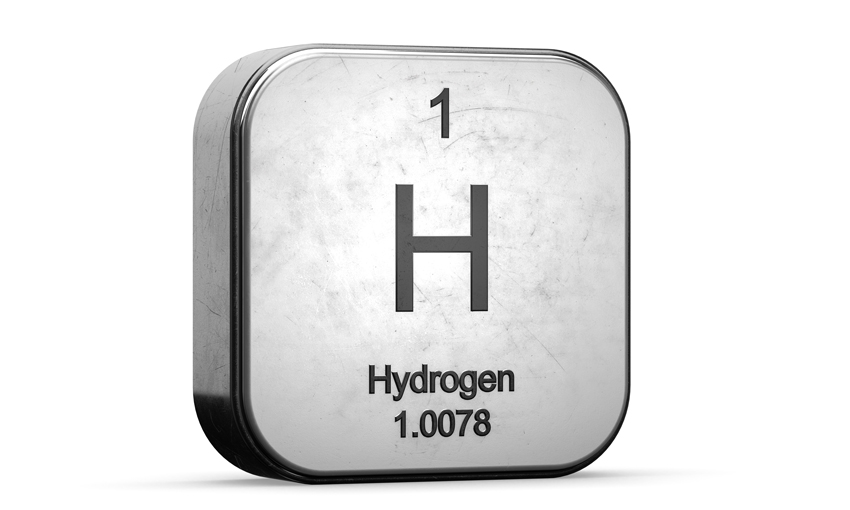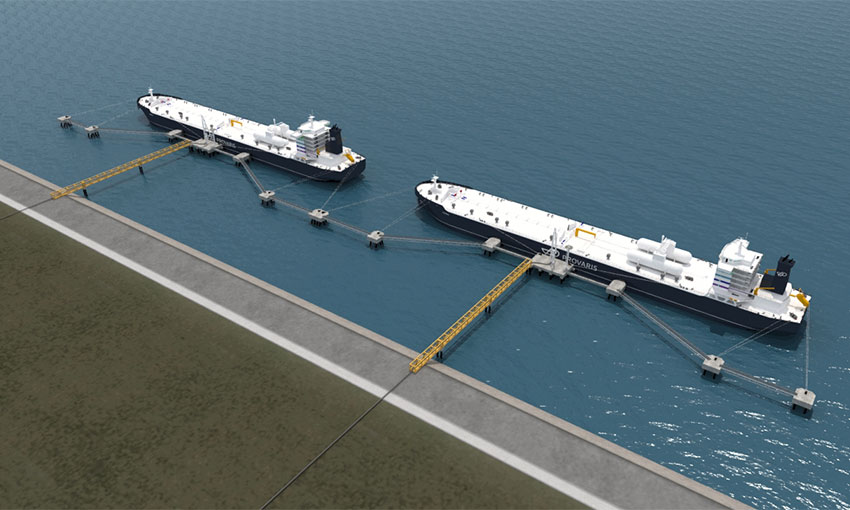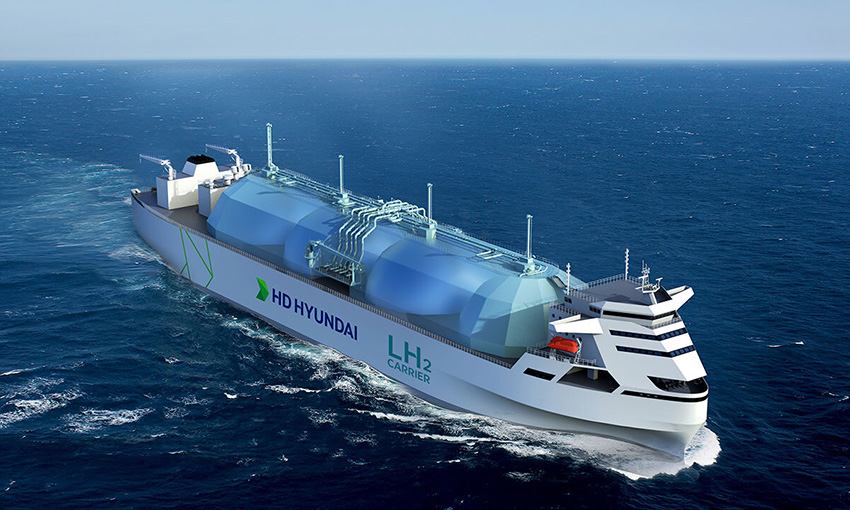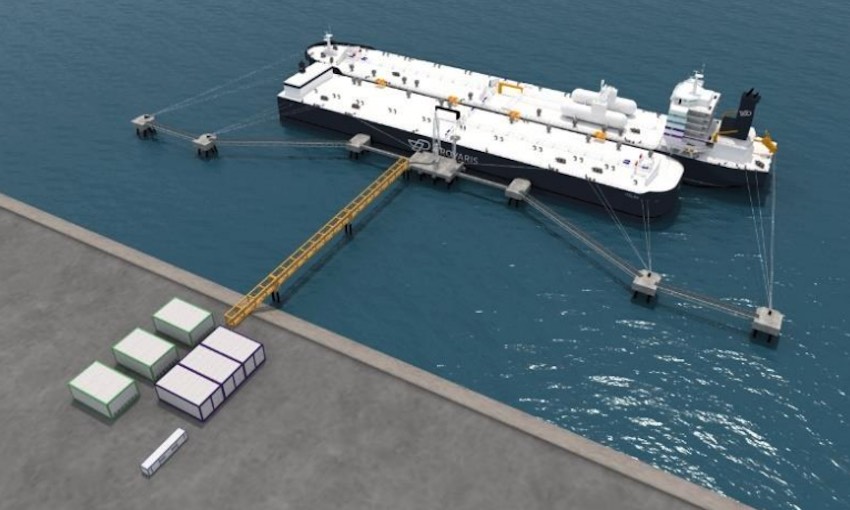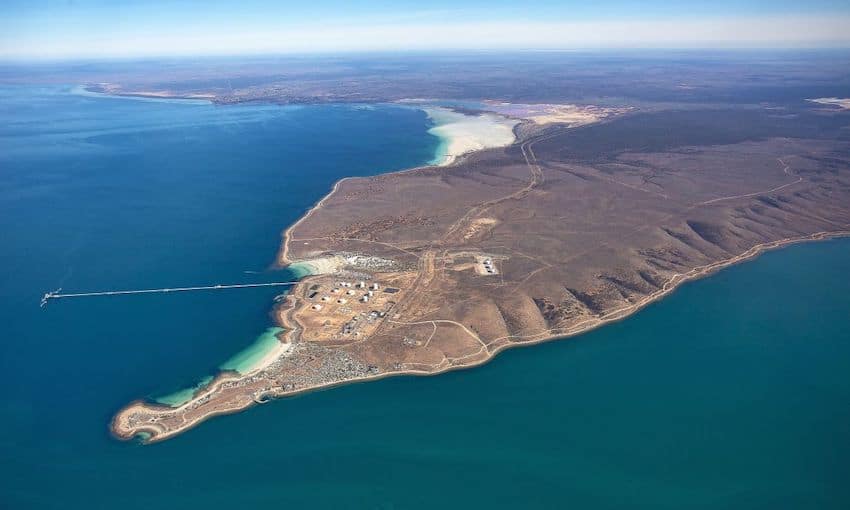JAPANESE oil company ENEOS Corporation has committed to a detailed study on the establishment of a commercial-scale, carbon-dioxide-free hydrogen supply chain between Japan and Queensland.
ENEOS said it is working to develop a carbon dioxide-free supply chain in anticipation of a “hydrogen-oriented society toward decarbonisation”.
The company said it is conducting studies with a wide range of alliances across Australia, the Middle East and Asia for the verification and realisation of a large-scale supply of cost-competitive hydrogen.
Here in Australia, Origin is to look into the use of renewable energy supply and water electrolysis cells for hydrogen production. ENEOS will then be responsible for more efficient production of methylcyclohexane and the maritime transportation of the substance as a form of hydrogen storage for transport from Australia to Japan.
Premier Annastacia Palaszczuk has welcomed the announcement by ENEOS, which holds about 50% market share of petrol sales in Japan.
“This is an exciting development for Queensland as we are working hard to develop our sustainable hydrogen industry and leverage the solar resources already developed and to be developed in the future,” the Ms Palaszczuk said.
“Since the launch of Queensland hydrogen strategy during my trade mission to Japan in 2018, we have seen a number of Japanese companies interested in developing Qld hydrogen industry with us.”
The study is to examine what existing infrastructure and transport options can be used and what gaps need to be filled along the supply chain. It will also highlight opportunities.
ENEOS already owns petroleum tankers, storage tanks and refineries used for export, which are expected to be used as the hydrogen supply chain develops and owns its own import terminals in Japan where they are looking to dehydrogenate.
In 2019 company demonstrated the world-first delivery of carbon-dioxide-free hydrogen from Queensland to Japan in the form of methylcyclohexane in conjunction with Queensland University of Technology.
State minister for energy, renewables and hydrogen Mick de Brenni said Queenslanders had a strong history of developing export industries.
“Australia’s hydrogen industry is expected to contribute at least $11 billion to the national economy and generate around 7600 jobs by 2050,” Mr de Brenni said.
“We’re making sure Queensland is in prime position to take advantage of this huge opportunity. We already have reliable, publicly-owned electricity generation and we already have outstanding water and port infrastructure.
“Our location on Australia’s east coast is also a bonus – with close proximity to key Asian markets, including Japan, where hydrogen demand is expected to be high.”
Queensland’s trade and investment commissioner for Japan Tak Adachi said ENEOS’s latest project was another vote of confidence in Queensland’s renewables future.
“The company has great faith in Queensland and what we are capable of as an investment state with rich and sustainable resources,” he said.
“This is significant for the development of a carbon-dioxide free hydrogen industry.”

